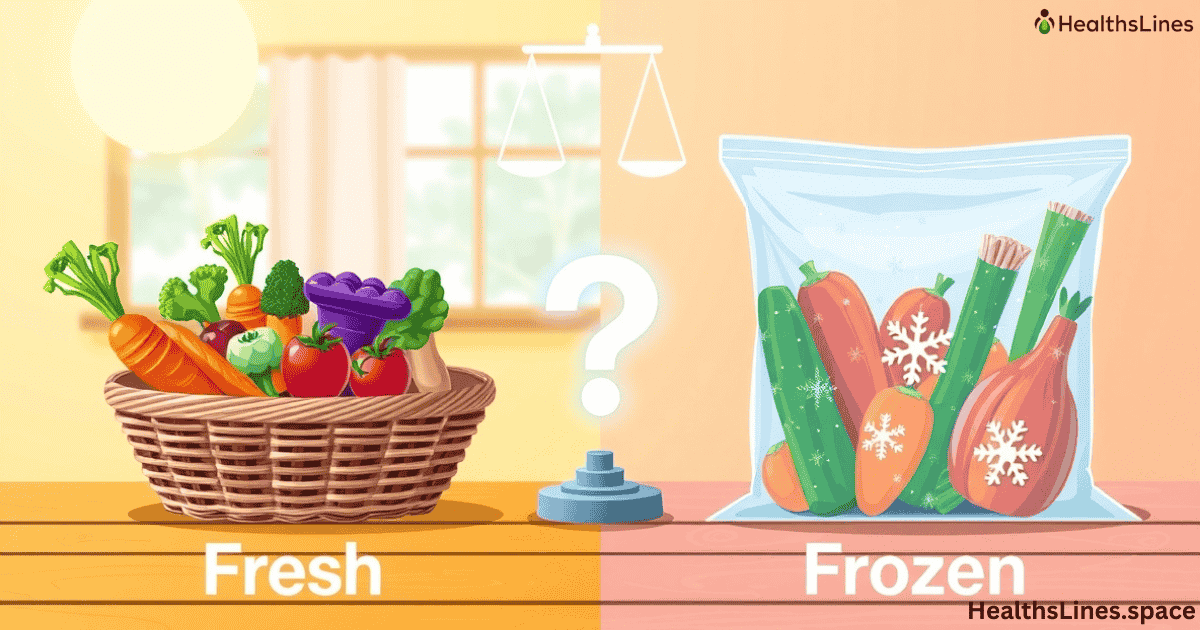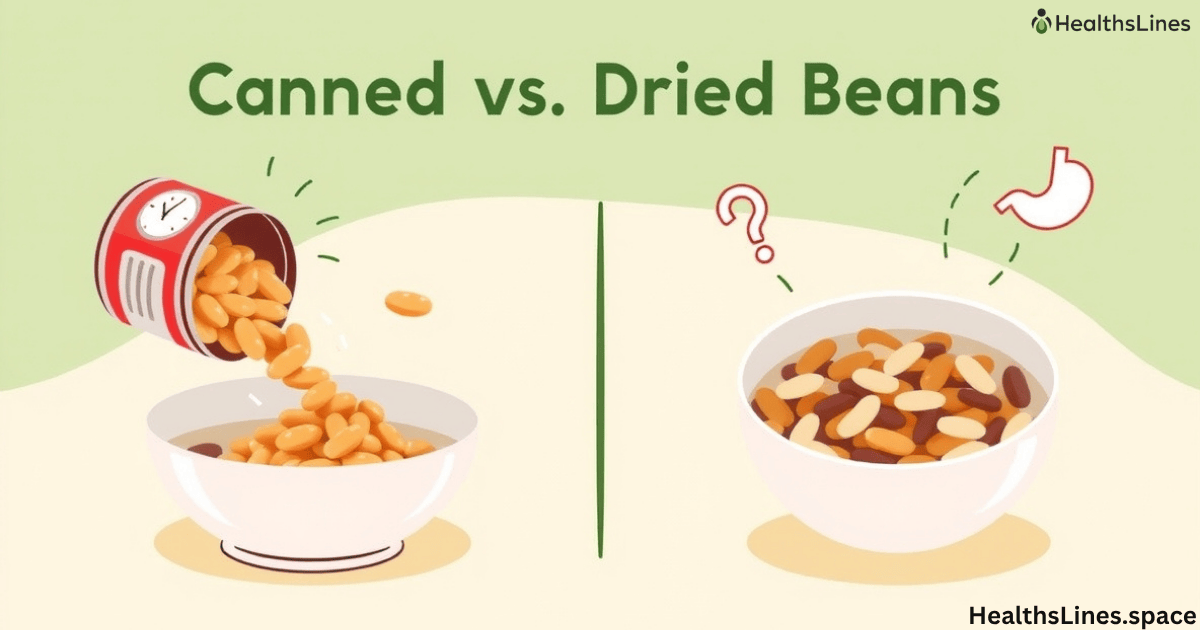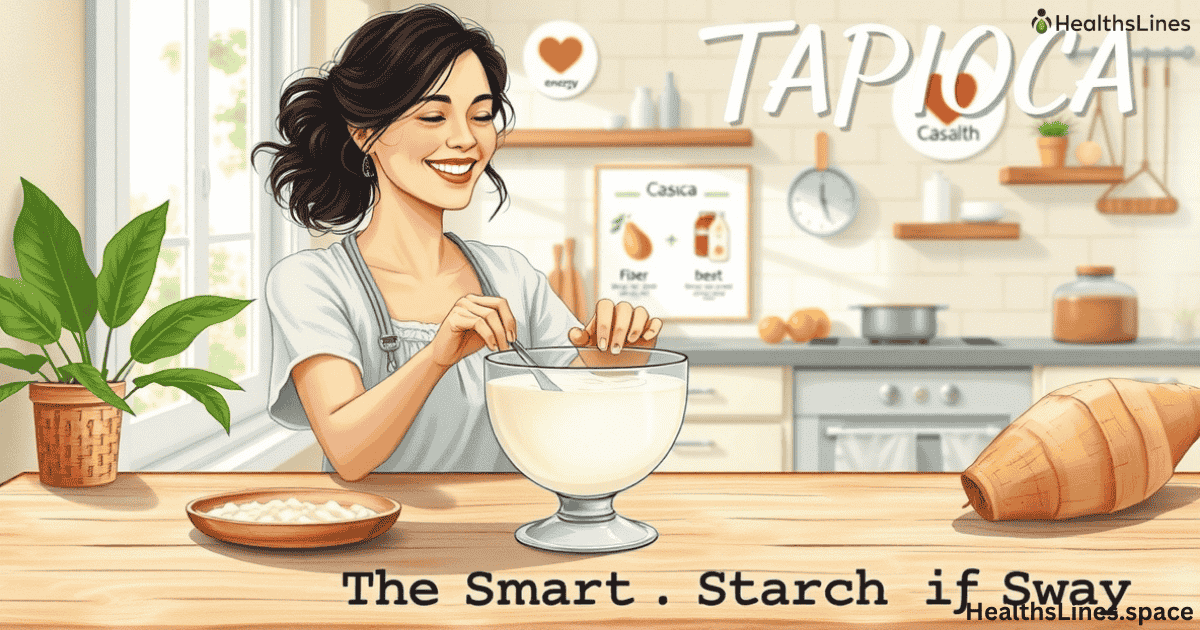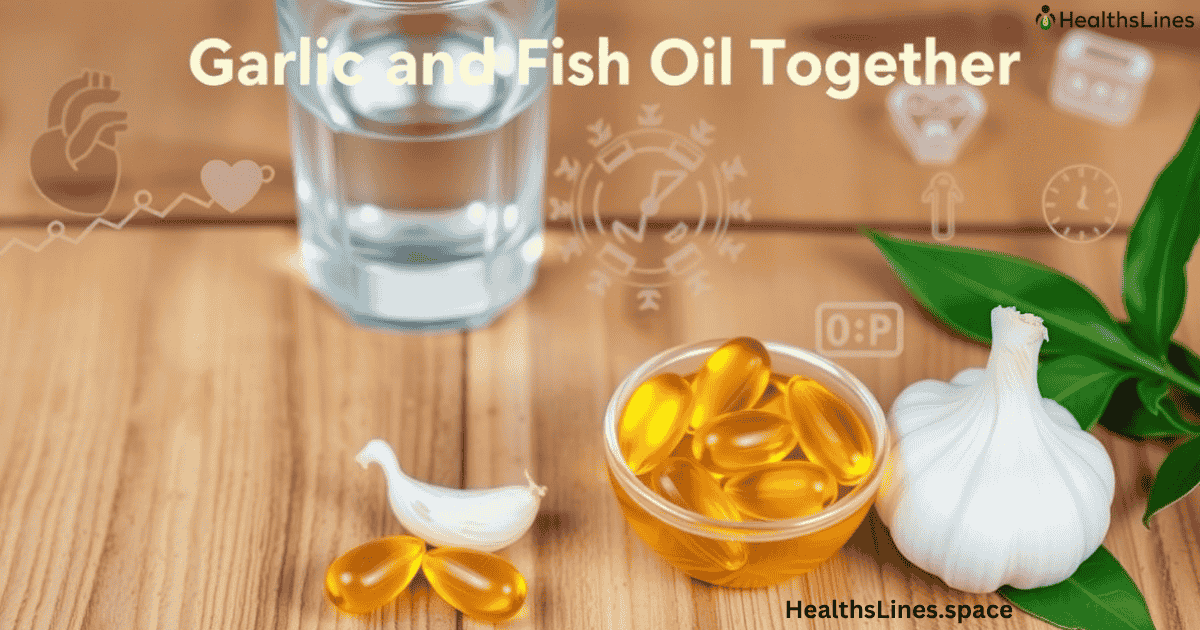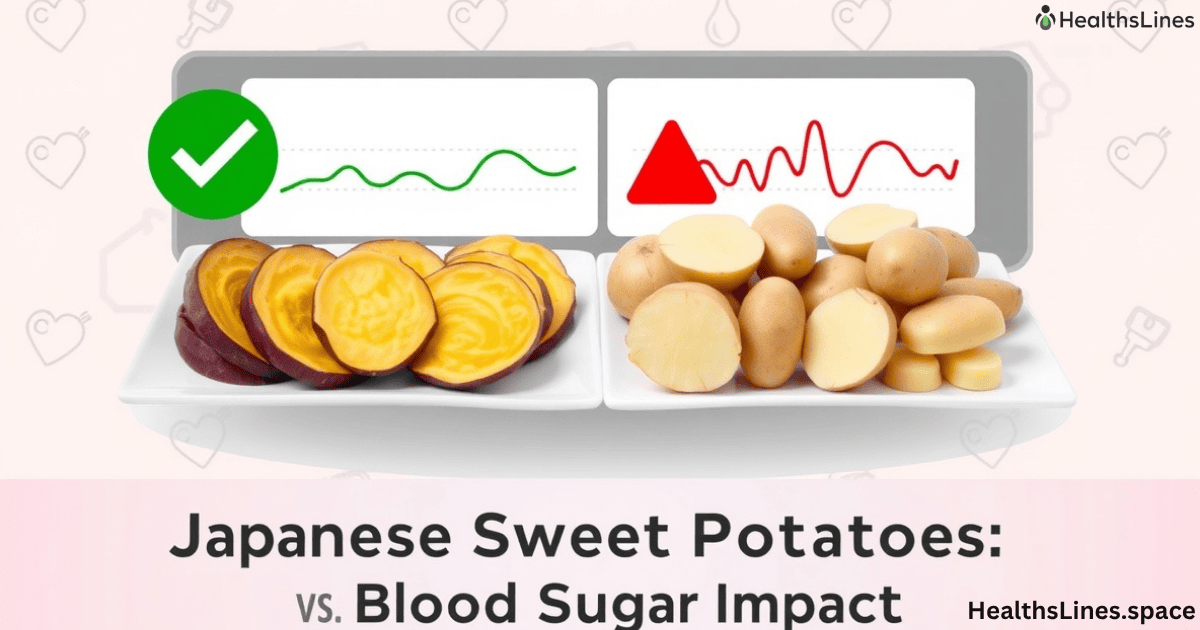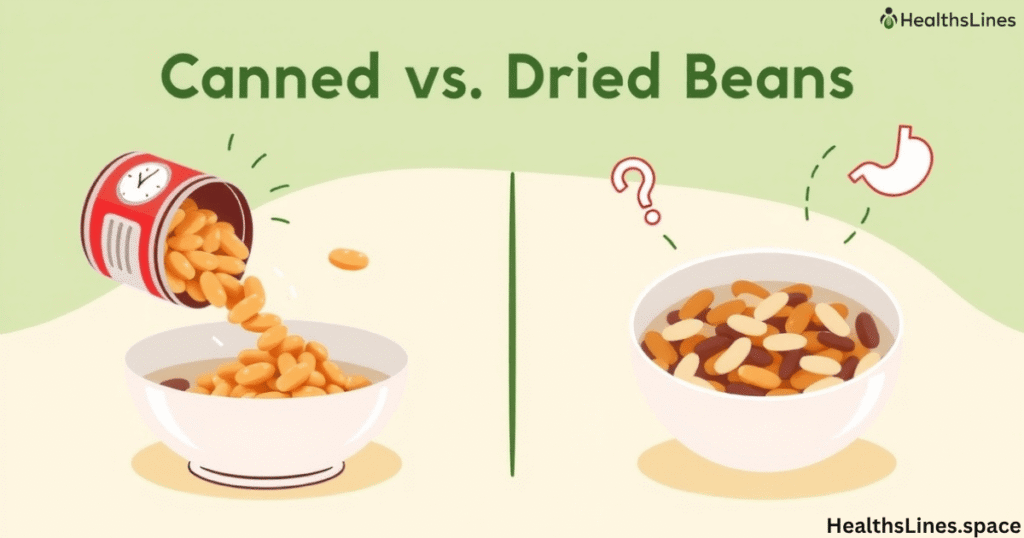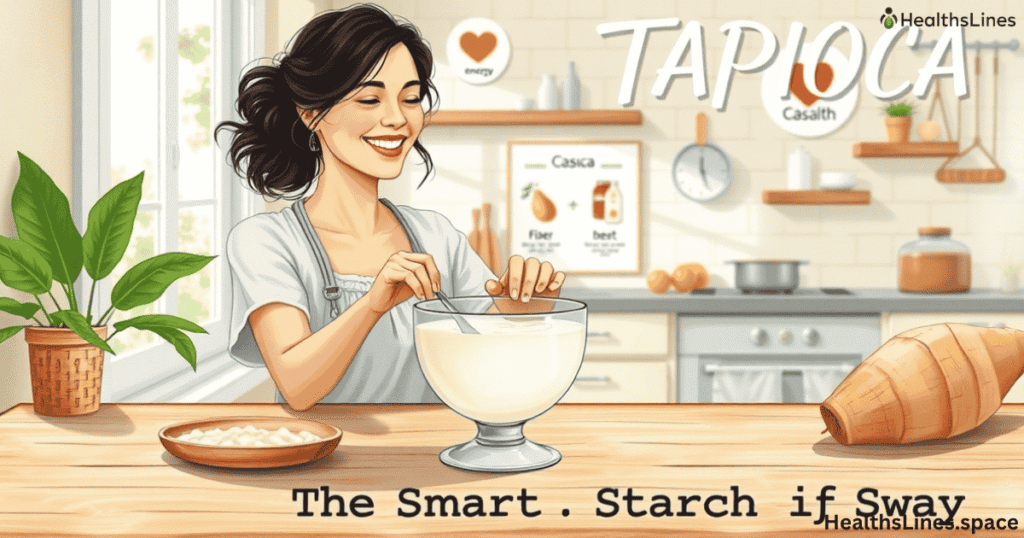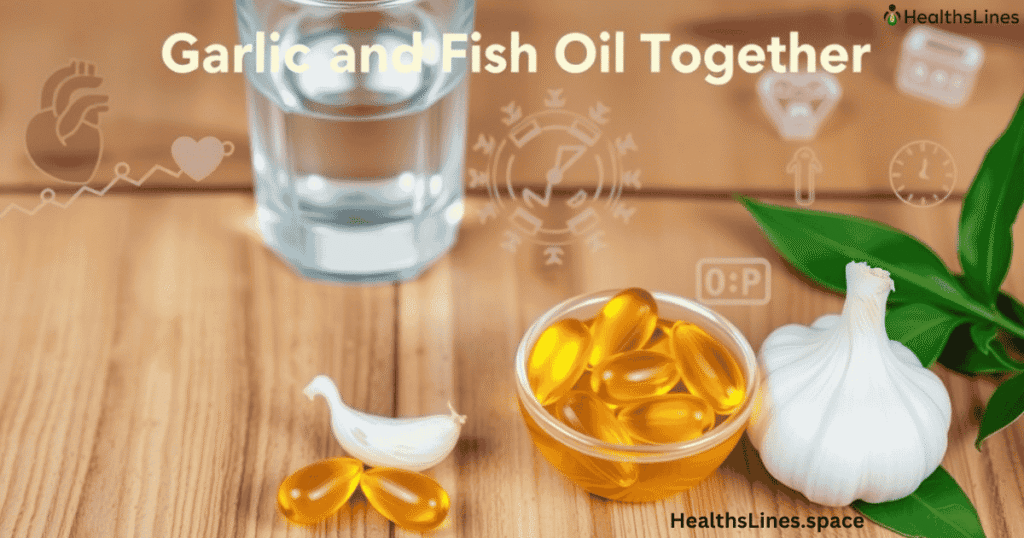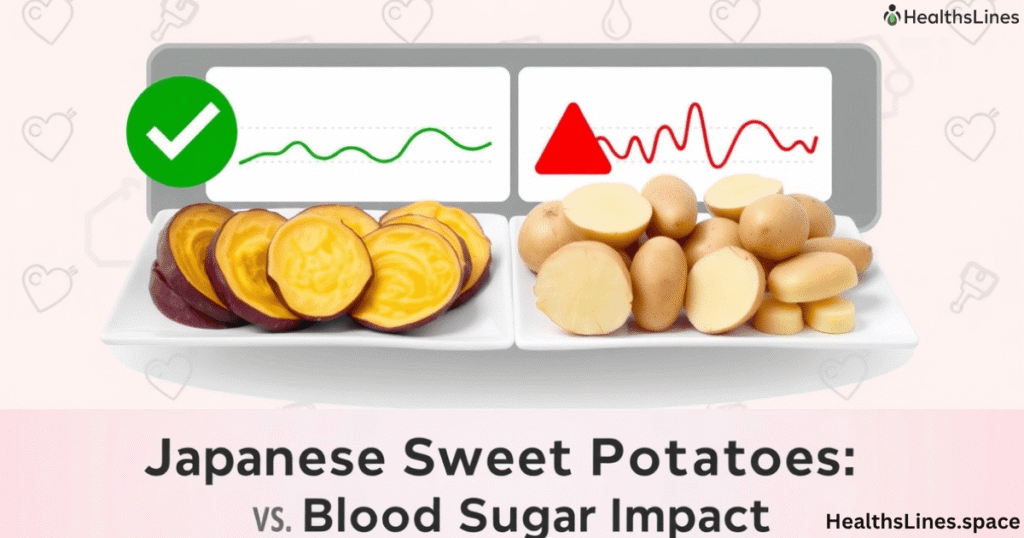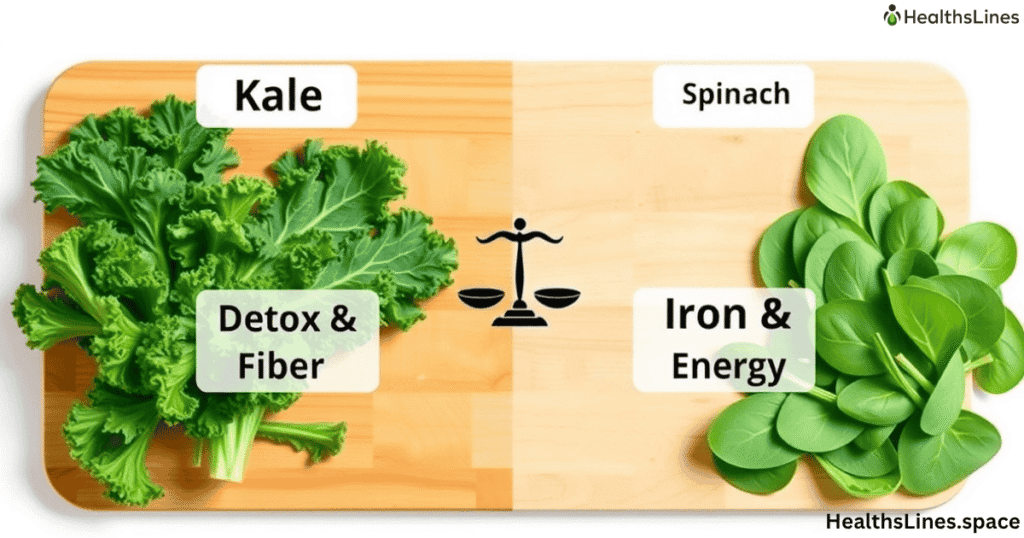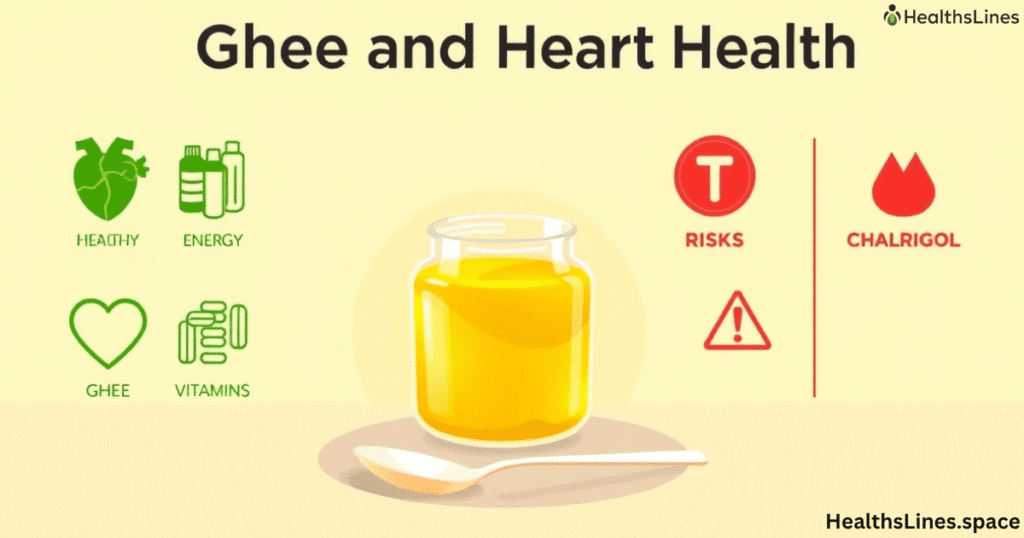When you think of eating healthy, you probably picture a plate full of vegetables. They are packed with vitamins, minerals, and fiber that help your body stay strong. For a long time, people believed fresh vegetables were always better than frozen vegetables. But is that really true? The debate about fresh vs frozen vegetables has been around for years, and many people still don’t know the full story.
The truth is, both fresh and frozen can be healthy. The answer depends on how vegetables are picked, stored, shipped, and cooked. Sometimes fresh wins, but other times frozen is actually better. In this article, we’ll look at the science behind nutrition in fresh vegetables and nutrition in frozen vegetables. You’ll learn how freezing, cooking, and storage affect nutrients, and how to make the best choice fresh or frozen for your meals.
Fresh Vegetables – The Good and the Bad
Fresh vegetables are what most people think of when they hear the word healthy. A tomato from the garden, bright green broccoli at the farmers’ market, or carrots fresh from the ground all seem like the perfect food. Fresh vegetables are full of vitamins, fiber, and antioxidants when eaten soon after harvest. For example, vitamins in fresh vegetables like vitamin C are very strong in the first day or two. A bunch of spinach picked in the morning may have more vitamin C in spinach than spinach that’s been sitting in the store for a week.
But here’s the catch. Most vegetables you buy in the store don’t come straight from the farm. They may travel hundreds of miles and sit in trucks, warehouses, or stores before reaching your plate. During this time, vitamin loss in fresh vegetables begins. Water-soluble vitamins, like vitamin C and some B vitamins, are the most fragile. Leafy greens such as spinach can lose half of their vitamin C in less than a week. Even beta-carotene in carrots drops slowly over time. That means what starts as a highly healthy vegetable may not be so strong by the time you cook it fresh vs frozen vegetables.
Frozen Vegetables – Science Clears the Myths
Many people think frozen vegetables are not as good. They picture food that’s been sitting in the freezer for months and assume the nutrients are gone. But studies show this is not true. In fact, frozen vegetables nutrition facts show that freezing often helps keep vitamins and minerals locked in.
Here’s how it works. Vegetables are usually picked at their best ripeness. Then they are quickly washed, cut, and blanching vegetables before freezing takes place. Blanching means dipping them in hot water or steam for a short time. This step kills bacteria and stops enzymes that make food spoil. Some vitamins, especially vitamin C, are lost during blanching, but after that, the nutrients stay steady in the freezer.
Once frozen, vegetables keep their value for months. This means peas nutrition frozen vs fresh often shows frozen peas have more vitamin C than fresh peas kept in the fridge for a week. The same goes for spinach and broccoli. While frozen spinach may have a little less vitamin C than fresh picked, it holds steady over time. Frozen broccoli keeps its broccoli antioxidants strong, making it a good choice in winter when fresh is shipped from far away.
Fresh vs Frozen Nutrients – A Real Comparison
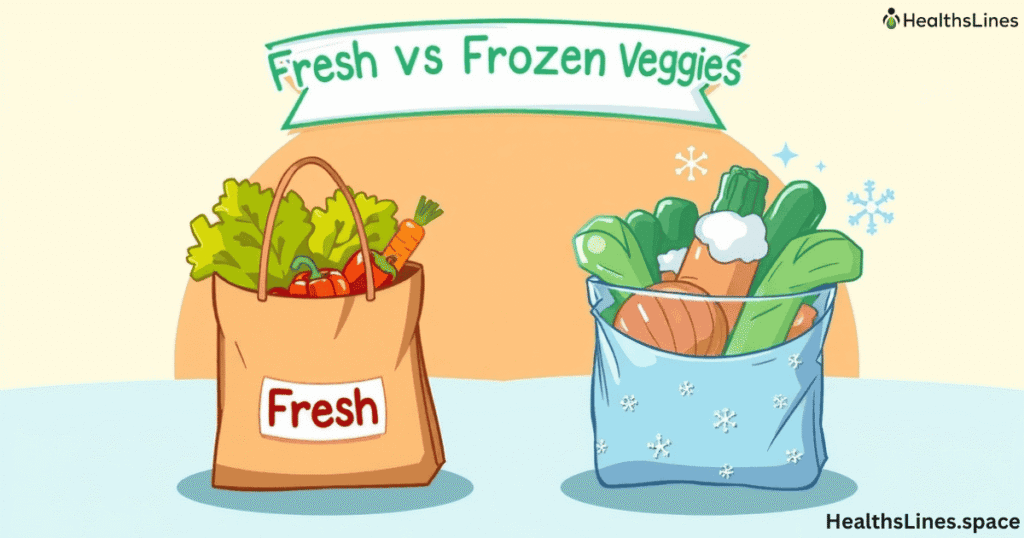
To see the differences clearly, let’s compare frozen vs fresh vegetables nutrition for some common foods.
| Vegetable | Fresh Nutrients | Frozen Nutrients |
| Spinach | Very high vitamin C when eaten right away | Lower vitamin C but stays steady in freezer |
| Peas | Lose vitamin C after a few days in storage | Vitamin C stays steady for months |
| Broccoli | Rich in antioxidants but drop after days | Good levels of broccoli antioxidants |
| Carrots | Good beta-carotene in carrots stays stable | Beta-carotene remains steady after freezing |
| Corn | Strong corn antioxidants at harvest | Antioxidants remain steady when frozen |
This table shows the balance. Fresh can be amazing if eaten right away. Frozen can be better if fresh has been sitting for too long. So the best choice, fresh or frozen, depends on when and how you eat them.
How Cooking and Storage Change Nutrition
The way you cook and store vegetables makes a big difference in how many vitamins and minerals you actually get. Many people think cooking always destroys nutrients, but that’s not fully true. Some cooking methods protect more nutrients than others, and some even make certain antioxidants easier for your body to use. For example, when we look at steaming vs boiling vegetables, the results are clear. Steaming keeps more vitamin C and other water-soluble vitamins inside the food, while boiling pulls many nutrients out into the cooking water. That’s why steamed broccoli often has more broccoli antioxidants left compared to boiled broccoli.
Another method that surprises people is microwaving. Microwaving vegetables nutrition can be very good because it uses little water and cooks food quickly. Stir-frying also helps, since a small amount of oil keeps vitamins like beta-carotene in carrots stable and available.
Storage also matters. Vegetable storage and nutrition are closely linked. Fresh spinach or peas may look good after a week in the fridge, but inside, vitamin loss in fresh vegetables is already happening. Frozen vegetables, on the other hand, keep steady levels for months once stored. Eating vegetables close to harvest or choosing frozen when fresh is old makes sure you get the most from your food.
Tips for Buying and Storing
Knowing how to buy and store vegetables the right way can make a big difference in both taste and nutrition. For fresh vegetables, always look for produce that feels firm, has bright color, and no soft spots. Seasonal vegetables are usually the best choice because they are picked closer to ripeness and travel shorter distances, which helps keep nutrients strong. Once you bring them home, store leafy greens like spinach or lettuce in the fridge with a damp paper towel to keep them crisp. Root vegetables such as carrots and potatoes should be kept in a cool, dark place away from sunlight to slow down vitamin loss. Using vegetables within a few days is important, because the longer they sit, the more vitamins like vitamin C can break down.
For frozen vegetables, the best tip is to choose packages without ice crystals, which are a sign of thawing and refreezing. Keep them in the freezer at a steady temperature, and avoid opening the bag too often to reduce moisture loss. When cooking frozen vegetables, steaming or microwaving is better than boiling because it helps retain antioxidants and vitamins. By learning how to handle both fresh and frozen vegetables properly, you protect their flavor and maximize the nutrition your family gets from each meal.
Cost and Convenience
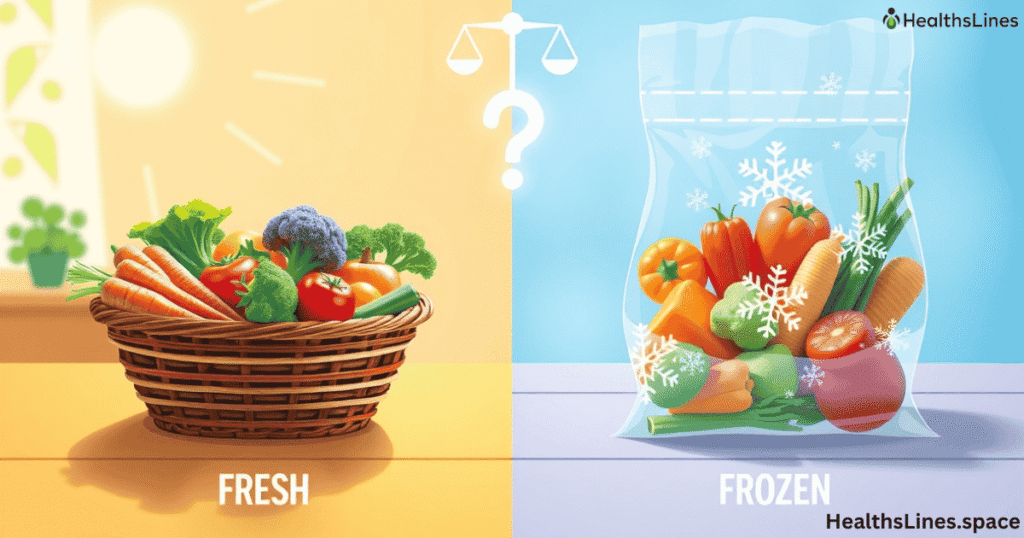
Price matters a lot when looking at fresh vs frozen vegetables nutrition. The cost of fresh vegetables can be high when they are not in season. Out-of-season strawberries or asparagus may cost three times as much as frozen ones. On the other hand, the cost of frozen vegetables is steady year-round and often cheaper per serving.
The convenience of frozen vegetables is another big advantage. They are washed, cut, and ready to cook. Busy families can add healthy vegetables like peas, carrots, or broccoli to meals in minutes. This reduces food waste and vegetables because you only cook what you need and save the rest. Frozen foods also mean you can enjoy seasonal vegetables nutrition all year round.
Conclusion
So which is healthier, fresh or frozen? The truth is, there is no single winner. When eaten right after harvest, fresh vegetables’ health benefits are very high. But once they sit for days, many vitamins start to fade. Meanwhile, frozen vegetables nutrition facts show they hold on to their value for months.
Experts agree the smart plan is to eat both. Fresh when you can buy local and seasonal. Frozen when you need steady, affordable, and convenient options. As Dr. Barbara Klein from the University of Illinois once said: “The nutritional differences between fresh and frozen vegetables are small. Sometimes frozen food can be the better choice.”
In the end, the best choice is fresh or frozen depending on the situation. If you buy from a farmers’ market and cook the same day, fresh will shine. If you shop at a supermarket where produce has been sitting for a week, frozen may give you more vitamins. Mixing both ensures you always get nutrient retention in vegetables and keep your diet full of healthy vegetables every day.
